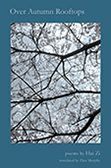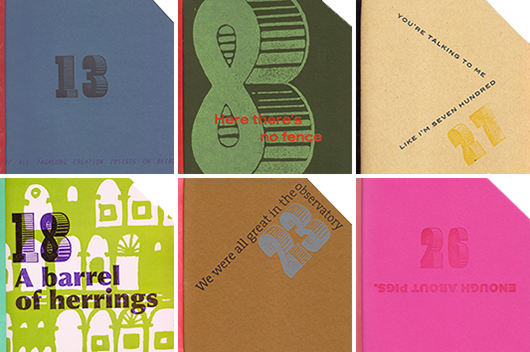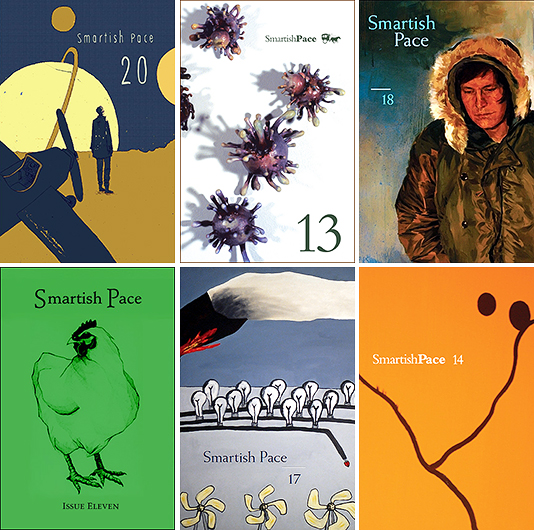Poetry Month is officially over (June is National Bathroom Reading Month, apparently), but that’s no reason to abandon our arbitrary and occasional Poetry A-Z series…
H is for Hai Zi
 Hai Zi is the pen name of poet Zha Haisheng, who was born to a peasant family in a rural Chinese province in 1964. A precocious child, Hai Zi was offered a place at the prestigious Peking University at the age of fifteen, and he graduated with a law degree four years later. He was shortly afterwards appointed professor at China University of Political Science and Law, where he edited the school’s journal and taught classes in aesthetics. It was while at university that Hai Zi decided to devote his energies to poetry. He read widely from classical and contemporary literature, and often sat at his desk working on a poem from dusk till dawn. During these productive years, he also began to exhibit signs of mental illness; he experienced hallucinations, and came to believe that certain people around him were intent on doing him harm. In March 1989, on or near his twenty-fifth birthday, Hai Zi committed suicide by lying down on a railroad track at the eastern end of the Great Wall.
Hai Zi is the pen name of poet Zha Haisheng, who was born to a peasant family in a rural Chinese province in 1964. A precocious child, Hai Zi was offered a place at the prestigious Peking University at the age of fifteen, and he graduated with a law degree four years later. He was shortly afterwards appointed professor at China University of Political Science and Law, where he edited the school’s journal and taught classes in aesthetics. It was while at university that Hai Zi decided to devote his energies to poetry. He read widely from classical and contemporary literature, and often sat at his desk working on a poem from dusk till dawn. During these productive years, he also began to exhibit signs of mental illness; he experienced hallucinations, and came to believe that certain people around him were intent on doing him harm. In March 1989, on or near his twenty-fifth birthday, Hai Zi committed suicide by lying down on a railroad track at the eastern end of the Great Wall.
A prolific writer, Hai Zi produced around 250 short poems, several poetic plays, and a number of long poems totaling over 400 pages. His work was not widely recognized during his lifetime (although his students often asked him to recite his poetry for them), but since his death numerous volumes of his selected works have been published, and he is now considered one of the most important Chinese poets of the twentieth century. He came of age during the turmoil of the Cultural Revolution, and his poems display a deep affection and nostalgia for the vanishing agricultural landscape of his youth. He writes without irony, and he celebrates nature and explores spiritual matters with utmost sincerity. It’s a voice that might seem a little hokey to those of us wearing our cynical britches, but when you consider the personal and cultural context in which the poems were written, it’s hard not to be moved by his bravery and vulnerability: at a time when the world around him revered uniformity, industry, and subservience, Hai Zi wrote openly about his personal suffering, and was unafraid to eulogize a more authentic, traditional way of life.
 In 2010, Host Publications (Malvern Books’ publishing arm) released Over Autumn Rooftops, a bilingual collection of Hai Zi’s verse, translated by Dan Murphy. Murphy first encountered Hai Zi’s poetry scrawled on the bathroom wall of a Beijing bar and was instantly enamored: early the next morning he rode his bicycle to the nearest bookstore, bought the selected works, and returned to his tiny apartment to begin translating. In his introduction to Over Autumn Rooftops, Murphy writes of the process:
In 2010, Host Publications (Malvern Books’ publishing arm) released Over Autumn Rooftops, a bilingual collection of Hai Zi’s verse, translated by Dan Murphy. Murphy first encountered Hai Zi’s poetry scrawled on the bathroom wall of a Beijing bar and was instantly enamored: early the next morning he rode his bicycle to the nearest bookstore, bought the selected works, and returned to his tiny apartment to begin translating. In his introduction to Over Autumn Rooftops, Murphy writes of the process:
It is not just the words that we translate, but rather that which is pointed to. I do not believe that “poetry is what gets lost in translation.” Literary translation should not be a reduction from the original, not a second-best copy, not a reflection in an imperfect mirror. The translator must create a new poem from the same thin vein of beauty as the original.
Here are three of Hai Zi’s poems as translated by Murphy, their beauty utterly intact:
The Shades of the Night
in the shades of the night
I suffer three times: roam, love, exist
I have three types of contentment: poetry, throne, sun* * *
Autumn
use our bones laid on the earth
on the beach write: youth. Then shoulder a decrepit father
this time is endless direction severed
animal-like terror filling up our poetrywhose voice can arrive at autumn’s midnight permanently
reverberating
covering our bones laid on the earth—
autumn comes
without a particle of forgiveness or tenderness: autumn comes* * *
For the Pacific
my wedding dyes the Pacific red
my bride—the Pacific
Asia is also my sad and serene bride
your blood dyes red the sky of sorrow inside youGod’s sad bride, your blood dyes
the sky red, your sea of solitude
your beautiful hair
like dusk on the Pacific






 Poet
Poet